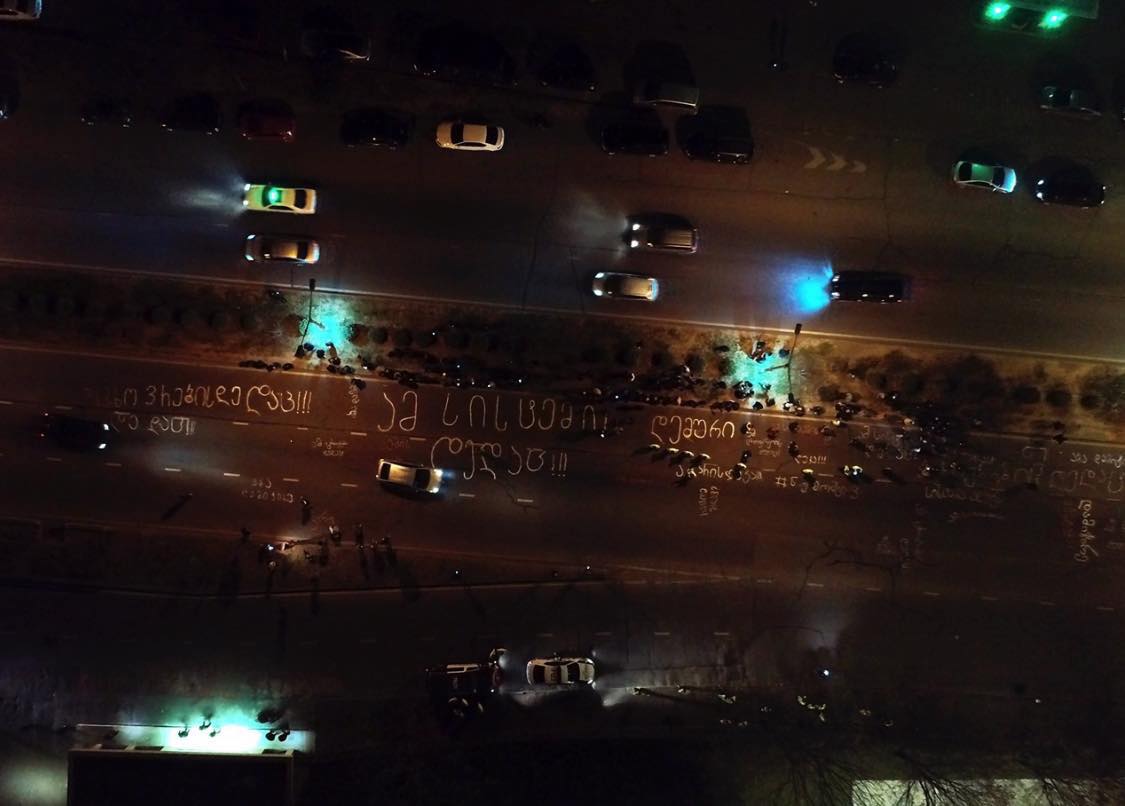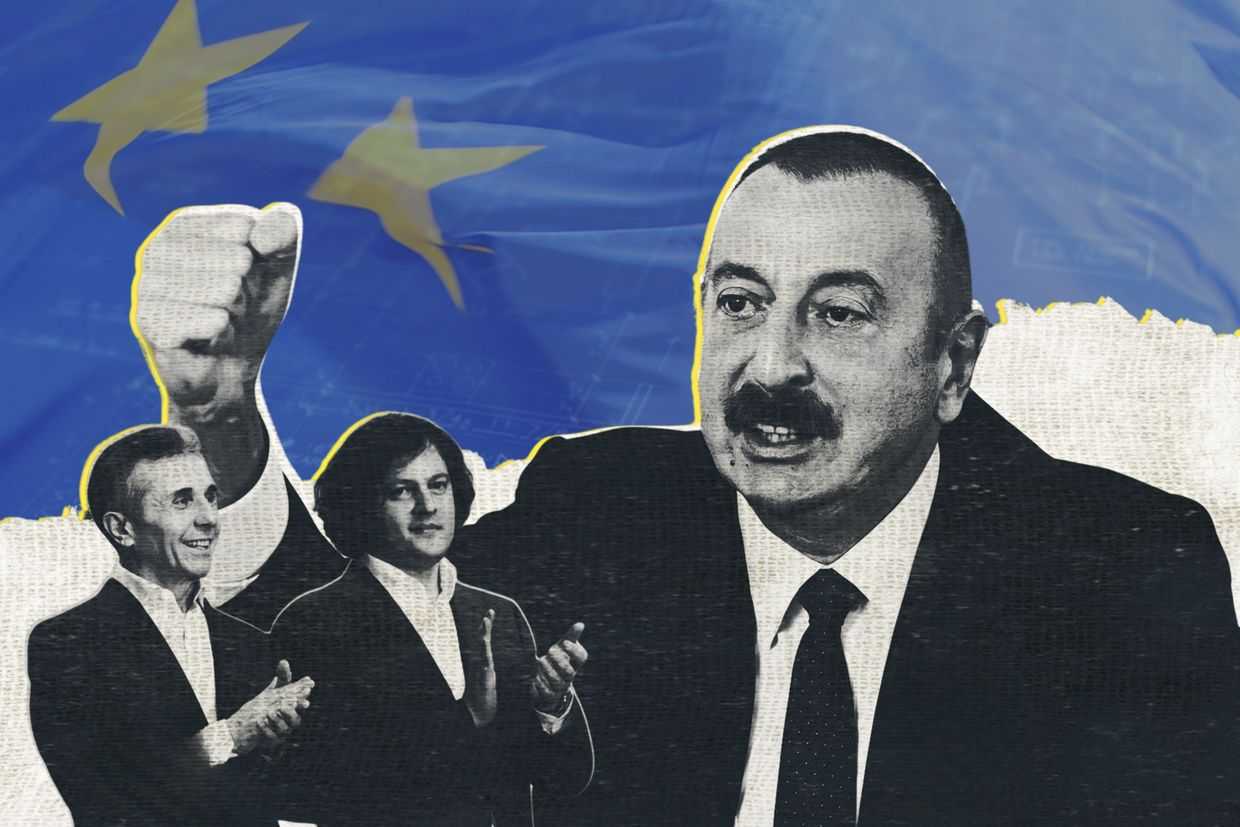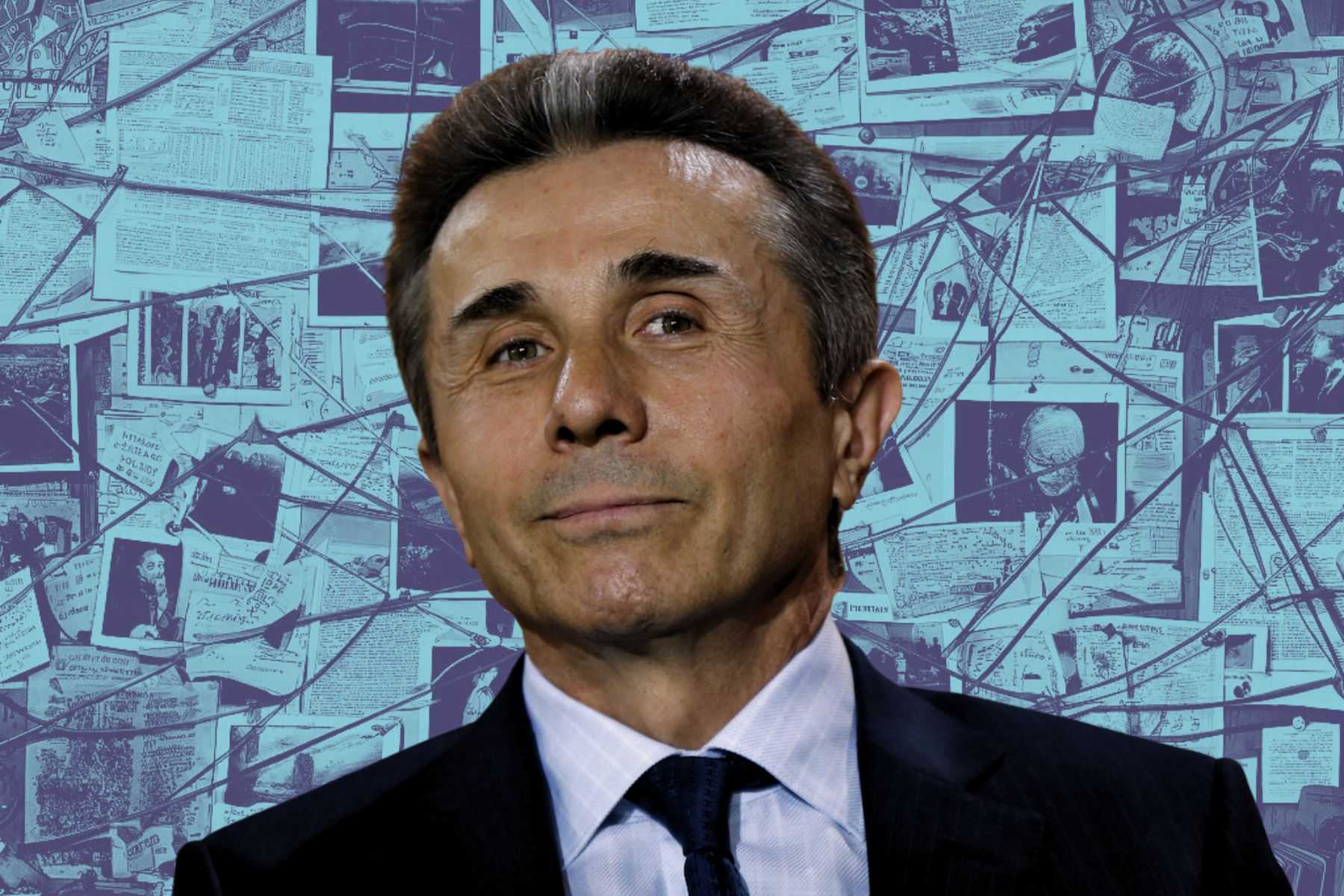

Georgian Dream swept to power in 2012 on the promise of ending police violence, which they labelled the UNM’s ‘nine bloody years’. They have failed.
‘Mother, I’m leaving you alone but I can’t help it’. These were the final words left by 22-year-old Samtredia resident Demur Sturua, before he took his own life in August 2016.
It was not a mere farewell letter, as Sturua made sure to identify the police officer, Goderdzi Tevzadze, who he said had beaten and pressured him into testifying against someone else.
Sturua’s efforts turned out to be fruitless. A year later, Kutaisi City Court acquitted Tevzadze of exceeding official powers and bringing a person to the point of suicide, in a verdict rights group EMC called ‘astonishing’.
Georgian society — shaken by the outcome of the case — would never know the full truth.
Neither can most of us be certain that 15-year-old Luka Siradze, whose body gave up yesterday after he attempted to take his life a week ago, was indeed mistreated by police officers.
What we do know for sure is that the police, public schools, the social care system, and the judiciary cannot be trusted.
Hence, when a mother claims her son, a minor, was illegally separated from her in a police station and threatened by officers, it should alarm the state, not only the public, as a sign of the failure of the government’s juvenile justice reform.
What the authorities did instead was to claim on Sunday that nothing went wrong in that police station in Tbilisi, only to acknowledge within minutes that police held a minor separately from his guardian, and then to detain a police officer on Tuesday — after the boy died of his injuries.
The lack of checks and balances also left us guessing whether Temirlan Machalikashvili was a terrorist, a terrorist sympathiser, or just an innocent young man shot dead in his bed in 2017.
The Georgian public has grown weary enough to know that a state agency that needs investigating should not investigate itself.
Like in Temirlan’s case, the Georgian state initially preferred to leave the alleged offences committed against Siradze to be investigated by the agency suspected of committing them. They deployed public relations strategies instead of taking bold steps to do justice.
By pointing fingers at UNM and its ‘bloody nine years’, Georgian Dream inherited the role of the punisher, finally bringing closure in injustices committed under the UNM’s rule.
These included the 2004 shooting of 19-year-old Buta Robakidze by police. In 2018, five former officials were finally convicted of a cover-up in the case.
Also in 2018, a court convicted former president Mikheil Saakashvili in absentia for pardoning the law enforcement officials who killed Sandro Girgvliani.
Girgvliani was killed in January 2006 after an alleged argument with then-Interior Minister Vano Merabishvili’s wife Tako Salakaia.
But despite claiming to be different, Georgian Dream have too often given in to the temptation to demonstrate power unnecessarily, and Georgia’s institutions have continued to cover for others who do so under their watch.
When 16-year-old Davit Saralidze was stabbed to death in a school brawl in 2017, a cover-up took place as his killer was related to a Prosecutor’s Office official.
The investigation into Luka Siradze’s suicide has now been taken over by the newly-established State Inspector’s Service, responsible for investigating officials and law enforcement bodies. Time will tell if this body succeeds in its mandate as a truly independent watchdog on law enforcement bodies, as it must.
But investigating the crimes of police and officials is only half the battle, a battle doomed to fail if the courts are in the pockets of those very same officials.
Last week, Georgia’s parliament appointed judges widely condemned as biased and unqualified for lifetime terms on the Supreme Court.
Without truly independent oversight mechanisms — including independent courts — a culture of covering up for the worst abuses by police is unlikely to disappear.









